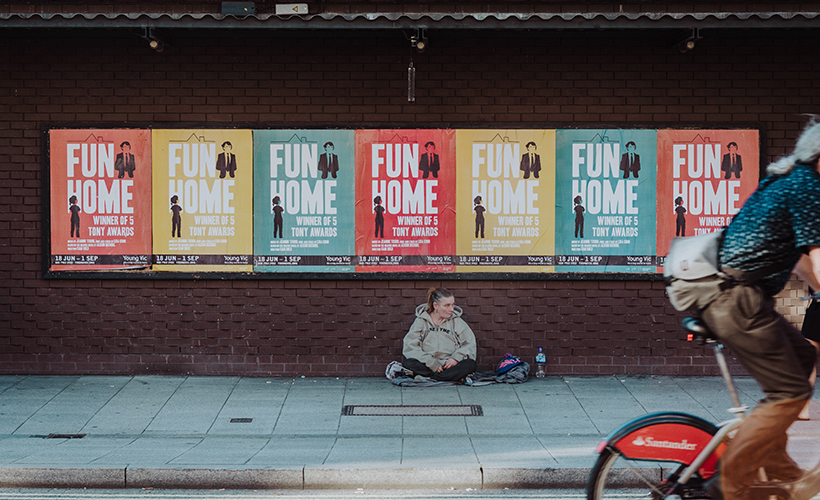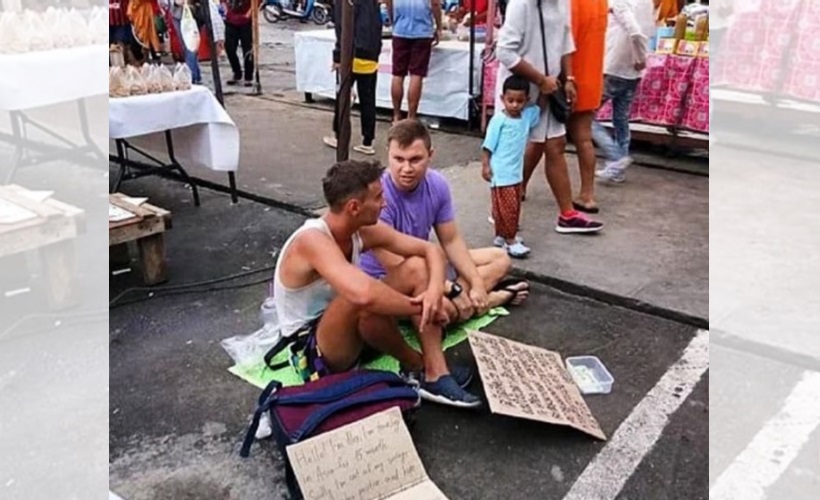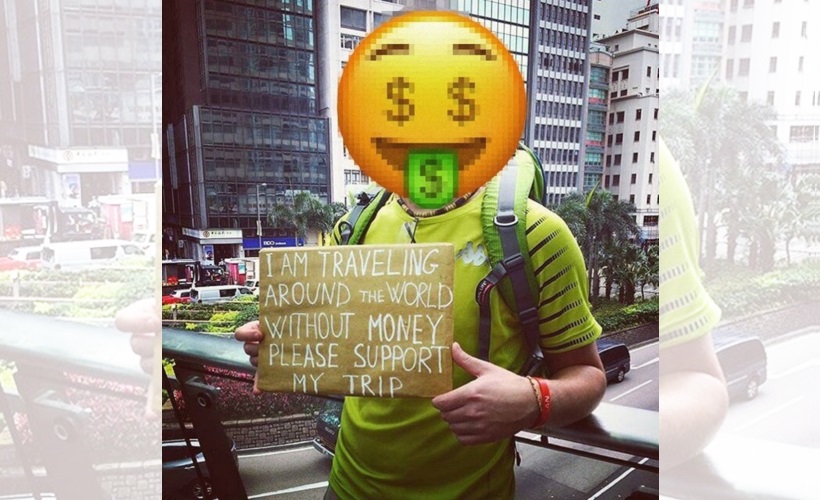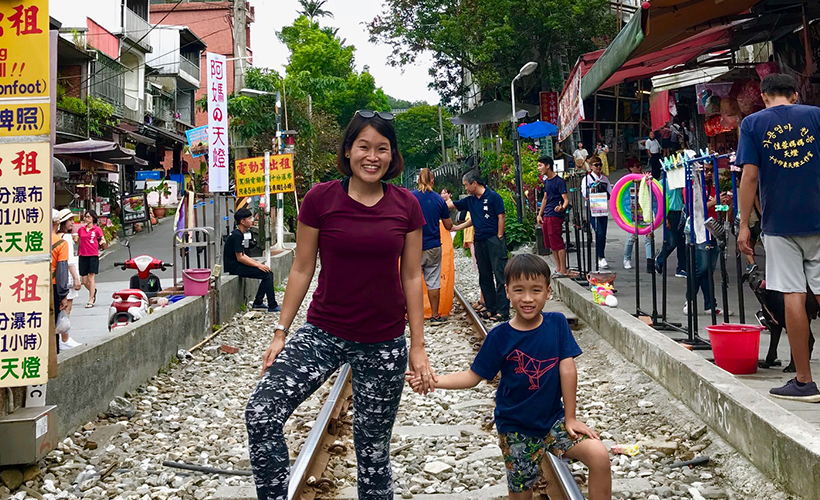
Travelling has become more accessible in recent years. Especially because airlines and hospitality service providers compete ferociously to provide the best holiday experience at the lowest price. And yet, travelling is still a luxury for the privileged few who can afford it… or is it?
The last couple of years have seen the rise of begpacking. Travellers, usually westerners, can be seen in cities throughout the world busking, begging, and selling everything from postcards to handmade jewellery and, yes, even hugs in order to fund their travels. This is a sight so often seen in poorer countries throughout Asia, and to some extent, it’s also prevalent in South America.
Needless to say, the world has judged and judged and judged. Here’s why:
Firstly, it’s illegal. Anything you do while visiting a country on a tourist visa that provides you with an income in that country is seen as work. In order to work in a foreign country you need to have a work permit. It’s pretty straight forward.
It’s not just begging, there’s a whole lot you can do that will land you in hot water abroad:
Why You Need To Look Up Laws Before Travelling
This phenomenon is seen a lot in low-income countries, countries where living expenses and transportation is fairly cheap compared to western societies. The general consensus is: ‘If you can’t afford to travel, stay at home’.

It’s insulting to the local people. The fact that begpackers go around asking for money and then spends the equivalent of a local family’s monthly income on an excursion or a night out at the bar raises some moral and ethical questions.
They’re taking from the local communities who might need it more. Someone purchasing something from a begpacker probably would’ve spent their money in the local community. Perhaps these begpackers support the local community while in the area, but then they move on, taking that cash with them to the next country and experience.
Did you know that travellers with tourist visas often have to provide evidence of sufficient funds?
Thailand Cracks Down On “Begpackers”
It reeks of entitlement. Try to tell the man working the rice paddies from dawn till dusk in order to feed his family that he can travel the world by standing on street corners selling hugs and he will laugh and laugh and laugh.

Begpackers have other options. There might be the odd occasion where you might find yourself in a bit of a bind (travel insurance, anyone?). However, begpackers have the option to stay in their home counties and work to save up for their travels. They can pursue careers like teaching English or scuba diving, or working in hospitality. These can offer them plenty of opportunities to travel and emerge themselves in other cultures. The question here is: Why depend on local communities to sustain your travels?
As a white woman from South Africa, I sit and wonder why I find myself so judgmental of how these people choose to fund their travels. Also because, you know, I’m all about light, love, and all that jazz. Perhaps the answer is found in another question: How come I need to work so hard in order to fund my own travels while begpackers believe that it’s perfectly okay to ask strangers to fund theirs?

![5 Cheapest Countries In Asia To Visit [VIDEO]](https://zafigo.com/wp-content/uploads/2019/03/thijs-degenkamp-767597-unsplash-1.jpg)
